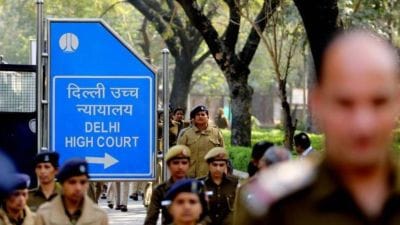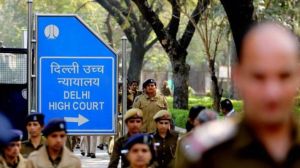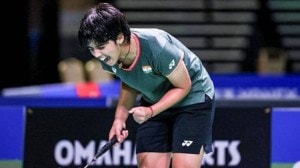SC opens window to quotas over 50% if population data justifies it
Opening a window for state governments to legislate for more reservation in jobs and education,the Supreme Court...
Opening a window for state governments to legislate for more reservation in jobs and education,the Supreme Court on Tuesday gave Tamil Nadu and Karnataka the liberty to increase quota for Scheduled Castes/Scheduled Tribes and OBCs from the current 50 per cent limit,provided they produce quantified data to support their claim.
In a decision which veers away from the Supreme Courts 1993 ruling in the Mandal case to cap reservation at 50 per cent,a bench of Chief Justice of India S H Kapadia and Justices K S Radhakrishnan and Swatanter Kumar directed Tamil Nadu and Karnataka to re-visit the states quota laws with their Commissions for Backward Classes.
Both states are now free to place their population data before their respective backward commissions,which have been given a years time by the Supreme Court to file recommendations before the state governments.
The Tamil Nadu state has to find out if they have to exceed the 50 per cent quota… State needs to re-visit the subject, the bench observed,disposing of a batch of petitions filed by advocate M Vijayan challenging the 69 per cent quota law. In Karnatakas case,the court said: The state is so advised to fix beyond the 50 per cent limit if it has quantified data to support it.
The validity of both laws will be left open until both state governments finally decide on their panels recommendations.
The Supreme Court also said that the entire exercise by the backward commissions would be done in consonance with the parameters decided by the apex court in the M Nagaraj and Others vs Union of India ruling in 2006. Chief Justice Kapadia was himself a part of the bench in the Nagaraj verdict.
The court had then directed the government to exclude creamy layer of SC/STs from the benefits of reservation. Earlier,the Mandal case verdict had excluded the creamy layer among OBC from quota benefits.
The Tamil Nadu Reservation Act of 1993 was included in the Ninth Schedule of the Constitution by the state government,thus preventing judicial review. But a Constitution Bench in 2008 held that there could not be a blanket immunity for laws in the Ninth Schedule.
Unlike its counterpart,the Karnataka reservation law of 1994,which endorses 70 per cent quota,was stayed by the Supreme Court on an interim basis the same year itself. However,the issue of legality of the Tamil Nadu statute was kept pending till the 2008 Constitution Bench verdict.
Tuesdays hearing was meant to decide the future of the Tamil Nadu law,considering the fact that it does not any more enjoy the protection of the Ninth Schedule.
Solicitor General Gopal Subramanium,who led the Tamil Nadu battery of counsel,submitted that a state should be allowed to cross the 50 per cent mark in case of strange and compelling reasons. Prescribing a rigid 50 per cent ceiling in the matter of reservations would be contrary to the very spirit of the Constitution…, the Tamil Nadu side had argued in court.





- 01
- 02
- 03
- 04
- 05


























